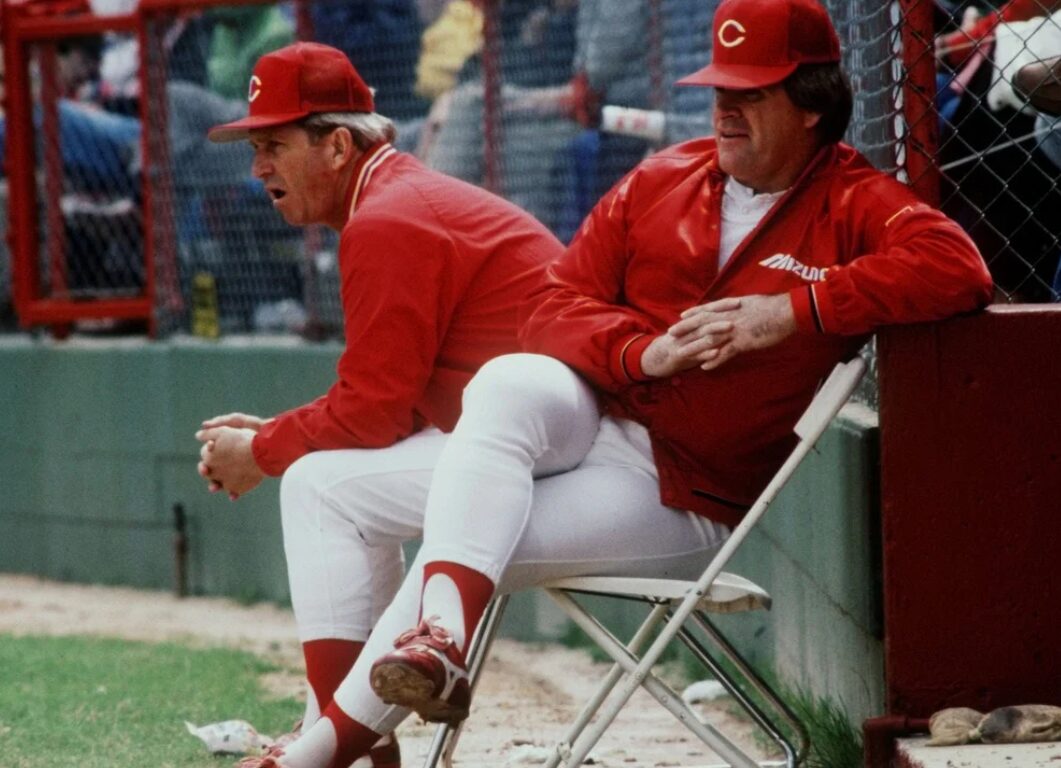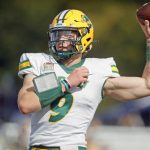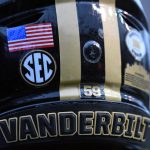1966 NL Rookie of the Year Veteran Star Passes Away
Tommy Helms Passes Away at 83
Tommy Helms, a steady right-handed second baseman, has died at the age of 83. Over his Major League career, Helms played for the Cincinnati Reds (1964–71), Houston Astros (1972–75), Pittsburgh Pirates (1976–77), and Boston Red Sox (1977). He finished with a career batting line of .269/.300/.342, totaling 34 home runs and 477 RBIs. Although he saw limited action in 1964–65 (just 23 games), Helms retained his rookie status and went on to win the National League Rookie of the Year award in 1966, batting .284 with nine homers and 49 RBIs. He made the All-Star team in both 1967 and 1968 and earned Gold Glove awards in 1970 and 1971.
A Rocky Start
Helms’ path to the majors nearly ended before it began. In 1962, after hitting .340 for the Reds’ Single-A team in Macon, the then 22-year-old believed he deserved a modest raise of $200 to $300 for the 1963 season. However, his decision to hold out and miss early spring training didn’t sit well with Reds manager Fred Hutchinson. When Helms finally arrived at camp, he was sent to Triple-A San Diego.
“I was afraid of Hutch,” Helms told Roy McHugh of The Pittsburgh Press. “He told me I never should’ve let a few hundred dollars get in the way. It didn’t help me at all.”
Things ultimately worked out. Helms secured the Reds’ second base job in 1966, pushing Pete Rose to third base. That shift caused a chain reaction of position changes, including moving Deron Johnson to left field—a spot vacated when Frank Robinson was controversially traded to the Orioles. Ironically, Helms had displaced both the all-time hits leader and a future Hall of Famer.
A Franchise-Altering Trade
On November 29, 1971, Helms was part of a blockbuster deal that would later be dubbed “The Trade.” The Reds sent Helms, slugger Lee May, and utility man Jimmy Stewart to Houston in exchange for Joe Morgan, Ed Armbrister, Jack Billingham, César Gerónimo, and Denis Menke.
Both teams believed they’d come out ahead. Astros GM Spec Richardson felt the team added key pieces for a playoff push, while Reds GM Bob Howsam prioritized speed and athleticism to better suit Riverfront Stadium. History, however, favored Cincinnati. Morgan blossomed into an MVP and Hall of Famer, while Billingham and Gerónimo became foundational members of the Big Red Machine that captured World Series titles in 1975 and 1976. Helms, meanwhile, remained consistent in Houston, batting .269—identical to his average in Cincinnati—but never got the chance to play in a World Series.
Final Chapters
After the 1975 season, Helms was traded to the Pirates for Art Howe. He served primarily as a reserve in 1976 before being sold to the Oakland A’s. But before he could suit up for Oakland, he was dealt back to Pittsburgh in a trade that sent Phil Garner—who would play a key role in the Pirates’ 1979 World Series run—to the Steel City.
Once again, Helms found himself linked to championship success without being part of the celebration. He began the 1977 season 0-for-14 and was sold to the Red Sox, where he had a brief but effective stint, hitting .271 in 21 games for a team that won 97 games and finished second in the AL East.
Tommy Helms may not have earned a championship ring, but he left behind a legacy of resilience, steady play, and being at the heart of several pivotal moments in baseball history.



No Comment! Be the first one.